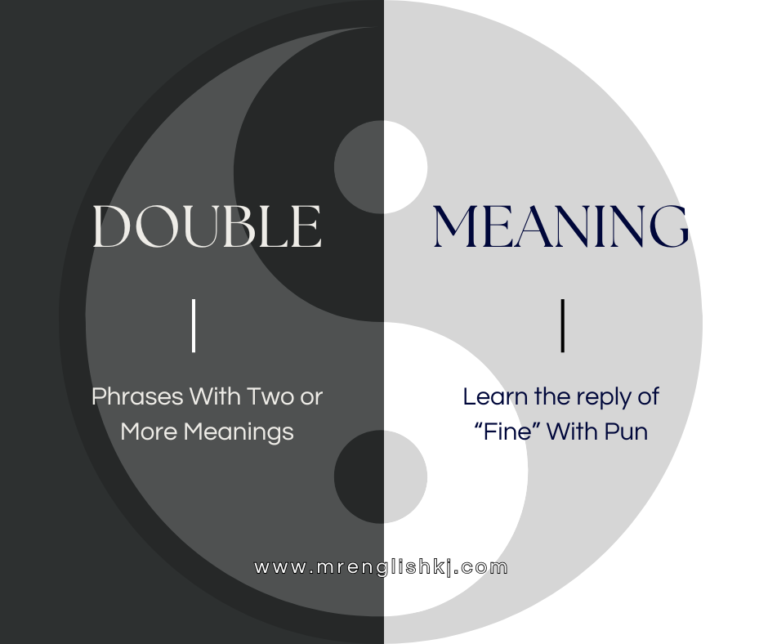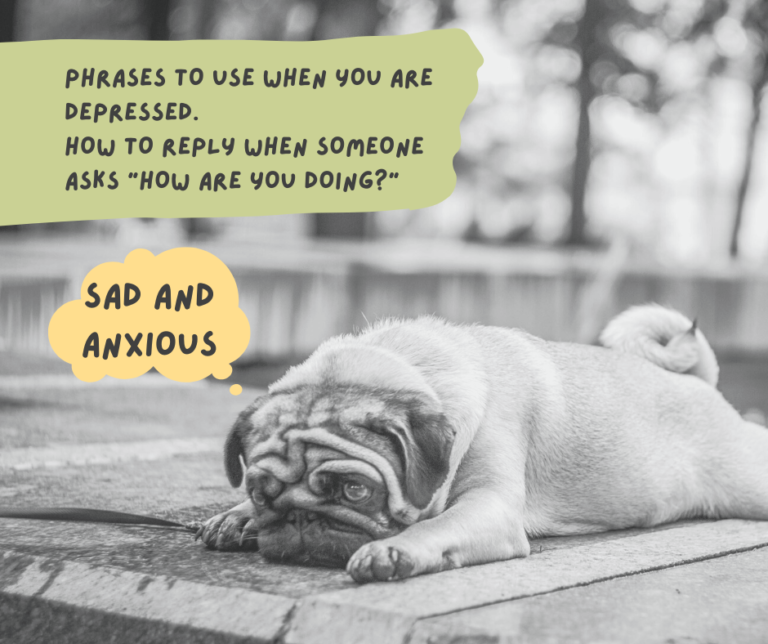May
May = We use ‘May’ to express possibility, request, permission, suggestion, offer, invitation, wish, hope, and possibly true. When we use formal and polite expressions, we use ‘May.’
Modals = Modal Verbs are all about the expressions but not the action.
May Rules
- May + Verb 1st form = He, She, It, I, You, We, They, This, That, These, Those, Singular Noun, and Plural Nouns…
May Format
- Affirmative = Subject + may + verb 1st form + other words.
- Negative = Subject + may + not + verb 1st form + other words.
May + not = may not. We do not use abbreviative or short form of “may not.”
- Simple Interro = May + subject + verb 1st form + other words?
- Simple Interro Negative = May + subject + not + verb 1st form + other words?
- Interrogative = Wh-family + may + subject + verb 1st form + other words?
- Interrogative Negative = Wh-family + may + subject + not + verb 1st form + other words?
May Definition
1. Possibility = There is a chance to do or happen in the future, we call it a possibility. It is not certain. It is possible to do or happen, we are not sure about it. When we express a possibility, we use “May”.
e.g. –
- I may surprise them tomorrow. (possibility)
- May he win the game next time? (ask for the possibility)
- We may call you on your birthday next year. (possibility)
- When may you go? (ask for the possibility)
- He may come with us next month. (possibility)
2. Formal and Polite = We use “May” for formal and polite requests, permission, suggestion, offer, and invitation.
- Polite and Formal Request – We use “May” for formal and polite requests. To make it effective, you need to express yourself in form of requesting. We mostly ask for requests. We do not give or take requests. It means we mostly make question sentences when we request.
e.g. – Most of the time, the question is in simple interrogative form.
- May I come with you? (ask for formal and polite request)
- May I join them? (ask for formal and polite request)
- May he play the video game? (ask for formal and polite request)
- May you go there? (aks for formal and polite request)
- May we sit with you? (ask for formal and polite request)
- Formal and Polite Permission – We use “May” when we ask, give, or take formal and polite permission. When we ask permission, it can also become a request but it depends on the way we express ourselves. When we give the answer, it is just permission.
e.g. –
- Question = May I come in? (ask or take for permission or request)
- Answer = Yes, you may come in. (give permission)
- Answer = No, you may not come in. (not giving permission)
- Question = May he play the video game? (ask or take for permission or request)
- Answer = Yes, he may play the video game. (give permission)
- Answer = No, he may play the video game. (not giving permission)
- Question = May I use your phone? (ask or take for permission or request)
- Answer = Yes, you may use my phone. (give permission)
- Answer = No, you may not use my phone. (not giving permission)
- I may pronounce you husband and wife. (I give permission you to be husband and wife)
- Formal and Polite Suggestion – We use “May” when we ask, give, or take formal and polite suggestions.
e.g. –
- How may I help you? (ask or take for the suggestion)
- You may repair my phone. (give suggestion)
- Where may we go? (ask or take for the suggestion)
- We may go to India. (give suggestion)
- What may they eat here? (ask or take for the suggestion)
- They may eat their specials. (give suggestion)
- Formal and Polite Instruction – We use “May” when we ask, give, or take formal and polite instruction.
e.g. –
- Where may I find this man? (ask or take for instruction)
- You may go straight from here then you may see a big red wall. Stand there and I will come to pick you from there. (give instruction)
- How may she learn self-defense? (ask or take for instruction)
- She may join any self-defense academy and practice there. (give instruction)
- How may I learn English fluently? (ask or take for instruction or suggestion)
- For learning English fluently, you may understand English people’s culture. This is the best way to learn English. (give instruction)
- Formal and Polite Offer – We use “May” for formal and polite offers. Mostly we give and take offers. We do not ask for offers. It means we mostly do not make question sentences when we offer.
e.g. –
- I may give you some money. (formal and polite offer)
- He may support her. (formal and polite offer)
- You may allow here anytime. (formal and polite offer)
- She may come and go from the office anytime. (formal and polite offer)
- I may never disturb her. (formal and polite offer)
- Formal and Polite Invitation – We use “May” for a formal and polite invitation.
e.g. –
- They may come to my party. (party invitation)
- He may join the meeting. (meeting invitation)
- She may come to their wedding with her family. (wedding invitation)
- Congratulation, you may work with us. (working invitation)
- Everyone may buy our company’s share. (Business invitation)
3. Wish and Hope = We use “May” when we express a wish or hope.
e.g. –
- May you live long! (wish or hope)
- May God bless you! (wish or hope)
- May you live happily and prosper. (wish or hope)
- May God be with you forever. (wish or hope)
- May you achieve everything in your life! (wish or hope)
- May your all wishes come true. (hope)
4. Possibly True = We use “May” when there is something generally or possibly true. The truth is circumstantial, it is not certain. The possible truth is based on a person’s point of view. It is similar to an opinion.
e.g. –
- You are the worst man, I have ever seen. You may burn in hell. (possibly true or opinion)
- He may realize it someday. (possibly true or opinion)
- They may feel that farmers are important. (possibly true or opinion)
- The teacher may cost more but this teacher can change the students. (possibly true or opinion)
- She needs me so, she may call me. (possibly true or opinion)
Modals – Modals are all about the expressions that do not take place. When we use Modals, we only express, we do not do it. When we do, we use Tense.
Modals – can, could, may, might, should, would, will, shall, ought to, and must, etc.
Thanks for choosing us!



May I post?